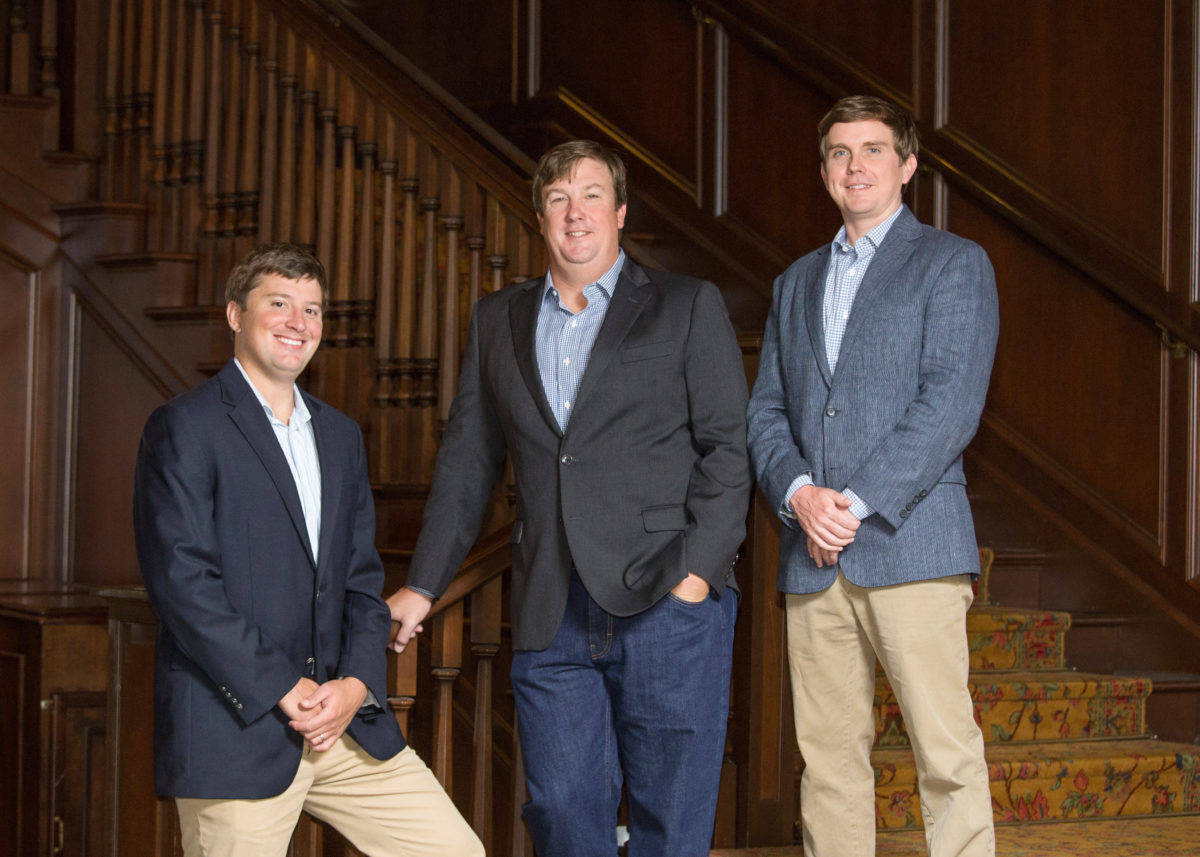According to a recent report by NPR, the Medicare hospice benefit is “ripe for abuse the way it’s set up.” Once a humble, altruistic service — hospice is now big, big business. NPR points out that the cost to Medicare has more than quadruppled over the past decade “from $2.9 billion in 2000 to $12 billion in 2009, making it one of the fastest growing segments of the government health care program.” The report also recognizes the perverse incentive that Medicare’s payment system creates: “Medicare’s method of paying hospices a flat fee for each day in hospice encourages them to seek out patients early on — and try to keep them as long as possible.” Questioning whether new regulations requiring heightened scrutiny for recertifications will soften the problem, NPR cites Frohsin & Barger attorney, Jim Barger, who represented nurse whistleblower Nancy Romeo in securing the nation’s largest Medicare Hospice Fraud settlement to-date, recovering nearly $25 million:
“In April, Medicare started making it harder for hospices to keep patients beyond six months. Hospices must send a doctor or nurse practitioner to check out the patient in person and attest they still meet Medicare’s criteria for terminal illness.
Jim Barger, a Birmingham, Ala., attorney who brought a whistleblower case against the national for-profit hospice company SouthernCare, says even if the new rule clamps down on hospices keeping patients too long, it doesn’t stop them from enrolling patients too early.”
Read the entire story, here. NPR’s report follows on the heels of an earlier report published in the New York Times questioning the payment system and spotlighting potential abuse, particularly by For-Proft hospice companies.
To report Medicare Hospice Fraud, contact Frohsin & Barger.






[…] Medicare hospice benefit has come under greater scrutiny with recent reports in the New York Times, NPR, and Bloomberg News all indicating that for-profit hospice providers may be manipulating the […]